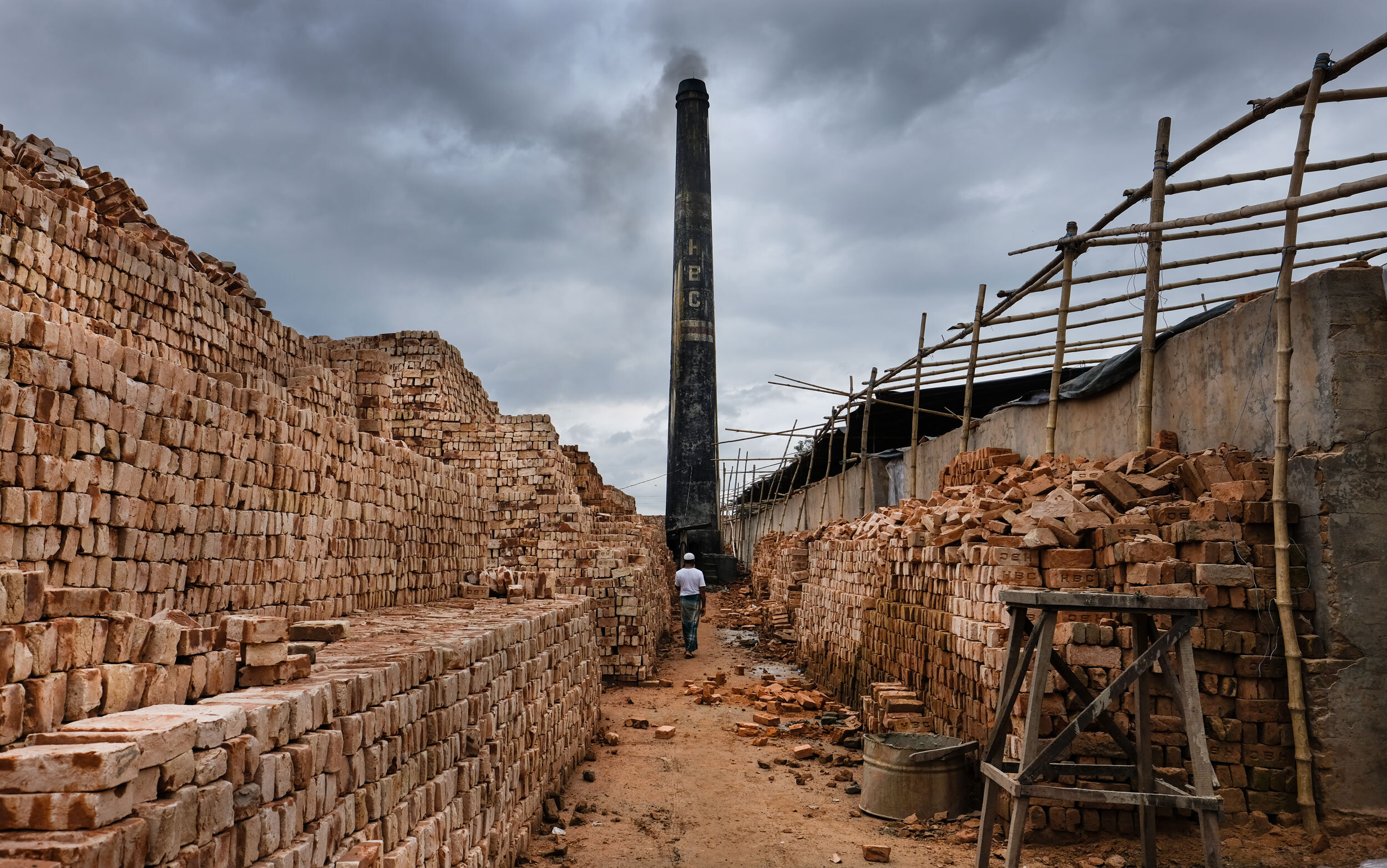
Trade is a key contributor to climate change. On average, one quarter of the global carbon footprint is embodied in imported goods. In the UK, this is even higher. In 2016, 46% of UK emissions were produced overseas, up from just 14% in 1990.

UK imported emissions
Moving these goods contributes to climate change in itself. The carbon footprint of freight alone accounted for 7% of global emissions in 2010 and is expected to increase fourfold by 2050. This means that the good news story of the UK’s emissions reductions is strongly misleading. Although the government releases figures indicating a 44% reduction in the UK’s carbon footprint between 1990 and 2019, the true figure, accounting for the emissions we consume, is only 15%.

UK carbon footprint
But the carbon footprint alone doesn’t tell the whole story. The local effect of trade and investment are worsening the impact of climate change on poverty and livelihoods. Trade liberalisation is linked to deforestation, which not only accounts for 12% of total carbon emissions worldwide, but also worsens the local impacts of climate change.







